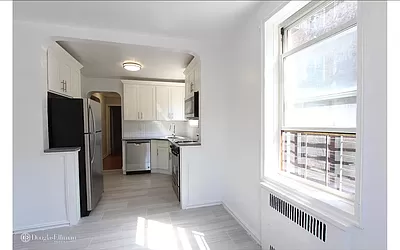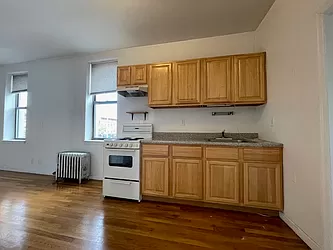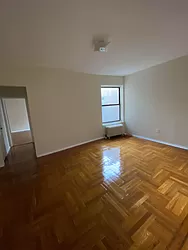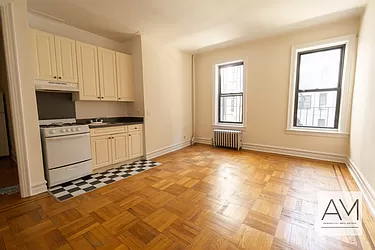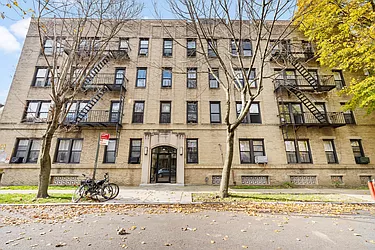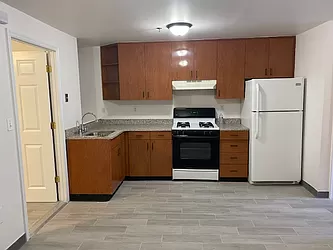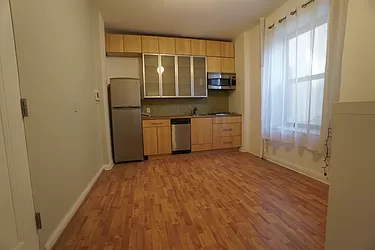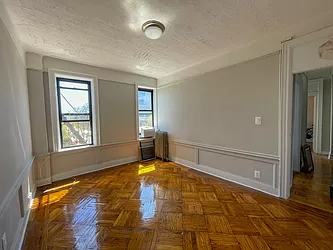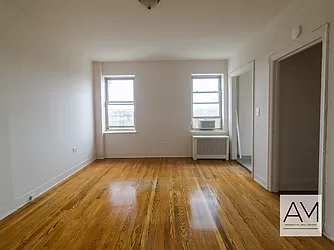High rental prices, lack of inventory, inevitable bait-and-switch and the slew of fees associated with signing a lease makes you feel the deck is stacked against you when it comes to finding a rental in NYC. Whether you’re a seasoned renter or a first-timer striking out, the hunt for a rental is consistently challenging and without fail it always seems like you’re renting at the absolute worst time of the year. We hear you.
Is There Really a Best Time to Rent?
So, is there really one time of year when it’s better to rent? Renters in New York have asked this question countless times, but the seasonality of the rental market is hard to pin down and it depends who you ask.

(Source: John Gillepsie via Flickr Creative Commons)
NYC’s Summer Rental Market: Everyone and Their Mother is Looking
Demand for rentals is usually greater during the summer months when an influx of college grads pour into the city looking for places to work and places to live. Families also begin their rental searches in the summer because at the end of the school year, parents know where their kids will be attending school in the fall and can narrow down their neighborhood options.
In the summer months, families can also take advantage of the season and the great flexibility it gives their schedules. The combination of lots of grads and lots of families searching in the summer stokes the fire and make June through August an incredibly hot time for rentals in NYC.
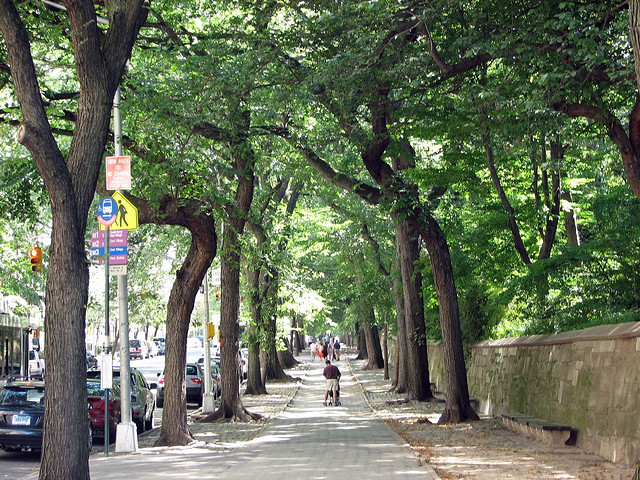
(Source: Randy Levine via Flickr Creative Commons)
The demand, however, is usually met with increases in inventory, which translates to more options for renters at this time of year. Although rental inventory across the board in NYC is tight (according to 2014 New York City Housing and Vacancy Survey, the rental vacancy rate is just 3.45 percent), we tend to see more new listings hit the market in the summer months.
January and February of 2014 saw 11,327 and 11,195 new rentals listed on StreetEasy, respectively. Compare that to 16,927 and 17,523 new rentals that came on StreetEasy in June and July of the same year and you get a sense of the increase in housing options that renters see in the summer months.
More New Rentals in the Summer Months
The increased levels of inventory, however, do not necessarily guarantee that it’s any easier to land an apartment in the summer than the winter. What’s more it says nothing about the rental listing prices or more importantly, the eventual price agreed upon in the rental contract. Given the fragmented nature of rental data, concrete numbers about rental costs are difficult to ascertain, but based on anecdotal experience and observation from brokers and renters around the city, it goes without saying that rents are higher in the summer months.

(Source: Michael McDonough via Flickr Creative Commons)
“Typically landlords command highest prices in the summer,” says Christopher Kromer, a broker with Halstead.
According to Kromer, landlords work hard to get their leases on a summer schedule and often offer renters who sign leases in the dead of winter 16- or 18-month leases in order to get into a summer cycle the next time the lease comes up.
“It’s definitely to the benefit of landlords to rent their properties in summer,” said Kromer. “Places go the day they’re listed in June.”
But for renters, that means more of a challenge. “You’ll have less room to negotiate in the summer,” said Kromer. “You’ll have to come prepared, you’ll have to be ready to fight.”
Brooklyn Rentals Under $2,000 Article continues below
The Winter Rental Market
If you’re not up for the fight in the summer and you can go month-to-month, you may wish to consider searching for a rental in the winter. According to Kromer, “You won’t have as much competition, but you’ll also have a lot fewer options.”
StreetEasy’s listing data backs up this observation. Based on our findings, the number of new rentals begins to peter out in September, but takes a real dive come December. Last year, there were 15,164 new rentals on the market in September. By the time December rolled around there were only 12,195.
Although there are significantly fewer new listings on the market between November and February, Kromer notes that there are also significantly fewer renters looking. “People don’t want to search during the holidays in the dead of winter.”
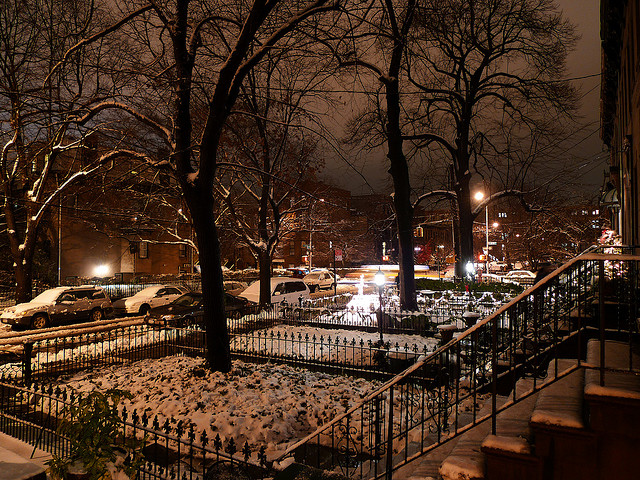
(Source: Pixonomy via Flickr Creative Commons)
More Room to Negotiate Come November?
In winter, renters may find they have more flexibility and room to negotiate. In contrast to the crush of summer, when renters come armed with pay stubs and check books and can lose out on a place with any kind of delay, renters in the winter often find a much slower pace.
Brokers don’t request immediate decisions and landlords often offer concessions in the former of lower annual rents, several weeks comp’d and longer leases. This may sound like a breath of fresh air for many renters sick of the summer rigmarole, but be forewarned much of the inventory that is available in the winter are summer leftovers. That can mean apartments that are older, in less desirable neighborhoods or have inherent drawbacks like being located above a bar or on the top floor of a six-floor walk-up.
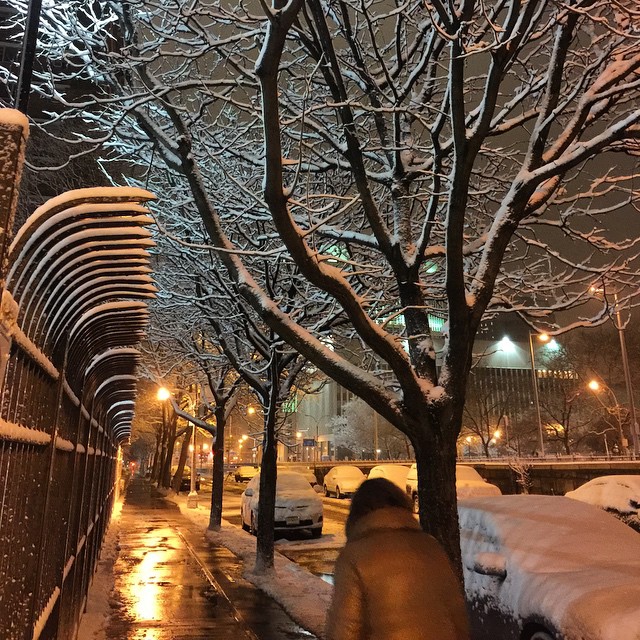
(Source: Andy via Flickr Creative Commons)
So what’s the verdict? Should you rent in the summer or the winter? Both offer pros and cons and you should decide based on what’s important to you.
Pros of Renting in the Summer
- More rental options across the board
- You know where your kid’s going to school and can search for apartments in nearby neighborhoods
- School’s out of session so that gives your family more flexibility to move
Cons of Renting in the Summer
- Much more competition
- Landlords can command higher prices
- Less room to negotiate
- It’s hot and a hassle
Pros of Renting in the Winter
- Much less competition
- More room to negotiate
- Landlords may offer incentives to get you to sign
Cons of Renting in the Winter
- Significantly less new inventory
- Landlords may coerce you into signing a longer lease
- Major inconvenience of searching for a place during the stress of holidays and the dead of winter
Tips for Renting in the Summer
- Be vigilant – check for new listings early and often
- Be prepared (bring your check book, w2s, paystubs and reference letters to all showings)
- Be ready to fight (you may have to put in a higher offer than the list price for a place you really love)
- Be ready to make concessions (you may not get everything on your wish list, but decide what’s a priority and stick to that)
- Be ready to be disappointed (you will likely apply to more than one place and be turned down)
Tips for Renting in Winter
- Avoid the urge to act on the spot. There’s less competition – weigh the options you have.
- Negotiate! (Be aggressive with what you’re willing to pay; put in a low offer and work up from there if necessary; Propose a lower fee than the typical 15% and see what your broker says.)
- Avoid a December 1st or January 1st move-in. (Moving in the height of the holidays is a recipe for hating your life.)


